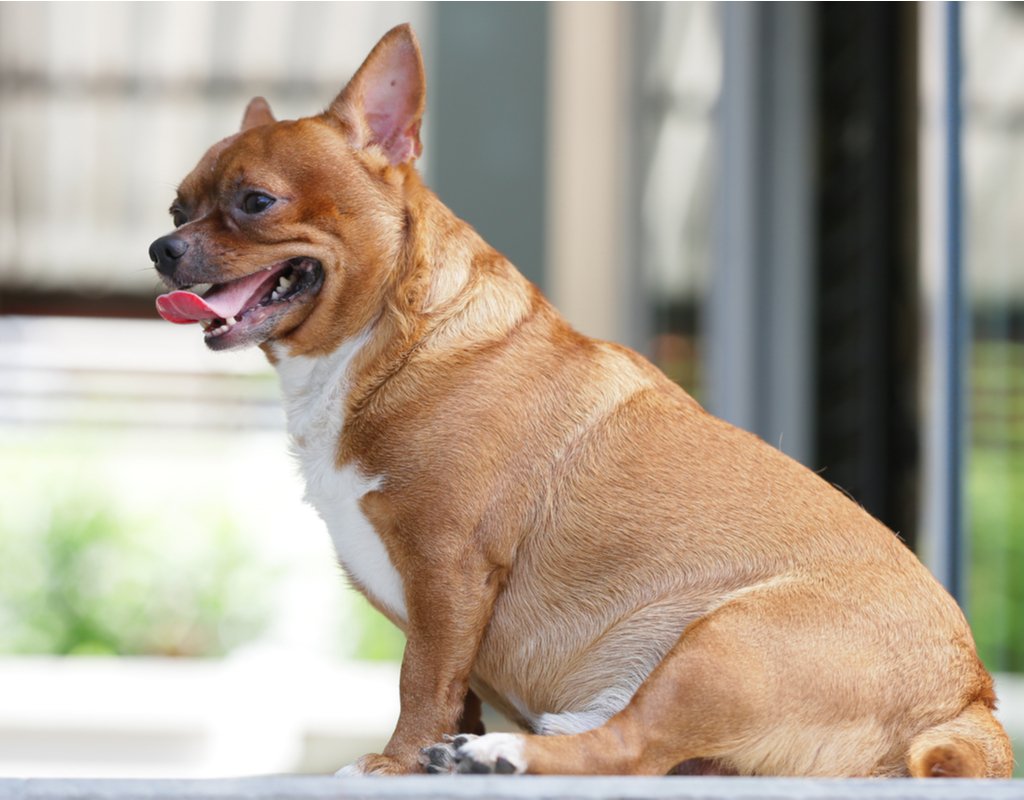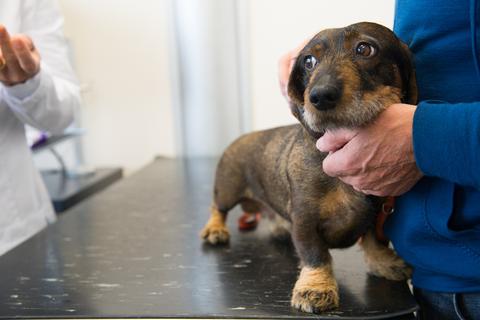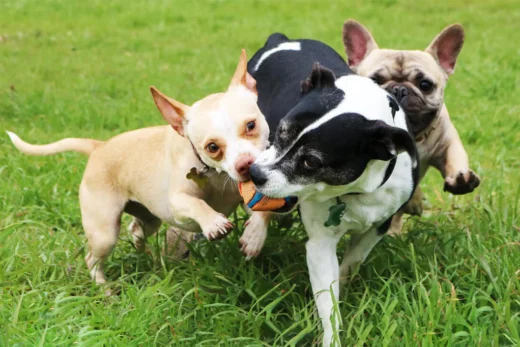
Your four-legged cuddle bug is your best friend, your confidant, your go-to pal. It’s only natural that you want to treat them like pure royalty – treating them to all the delicious foods and treats that their canine life has to offer. But, like us humans, obesity is a major health concern when it comes to our furry friends and their well-being. Even though you may think your little, somewhat chunky, pup is adorable (trust me, we do too), managing and controlling their weight is a key part of being a responsible paw parent.
In today’s article, we’ll be discussing all there is to know about obese dogs, why it’s so important to take preventative measures to maintain their health, and how you can help your pup combat obesity before it develops further.
Let’s get to it!
What is Obesity?
According to the World Health Organization (WHO) obesity can be defined as “abnormal or excessive fat accumulation that presents a risk to health.” We oftentimes hear the word thrown around in conversation, but the condition really is not a laughing matter. In all actuality, obesity can significantly affect your dog’s quality of life and overall well-being. Thus, preventing obesity is absolutely crucial to your pupper’s health.

Fortunately enough, experts believe that obesity can be one of the most common preventable disease in canines. However, it’s been suggest that 25-30% of all doggos are classified as being obese. Aka, that’s over ¼ of the entire dog population! It really is a significant amount if you really think about it. Moreso, 40-45% of doggos between 5-11 years of age are considered to be overweight. So I’m sure you’re wondering, “what’s the difference between obesity and being overweight?
Overweight vs. Obese Canines
Veterinarians may classify a dog in an obese or overweight category based on their ideal body weight. If your dog weighs 10-25% above their ideal weight, they may be considered overweight. If your dog weighs 25% over their ideal weight, they may be considered obese. Obesity in dogs does not just happen over night. It’s super imprtant as a paw parent that you monitor your dog’s weight and make the appropriate adjustments to their diet and exercise routine when necessary. Ignoring the issue or thinking they’re “cute chubby” won’t help their health in the long run.
What are the Symptoms of Canine Obesity?
While many paw parents may think of obesity as being a “fat” dog, there are specific symptoms to be cognizant of. If you are able to recognize these symptoms early on, dog parents can work to effectively reverse their doggo’s weight gain.

Here are some signs of canine obesity:





